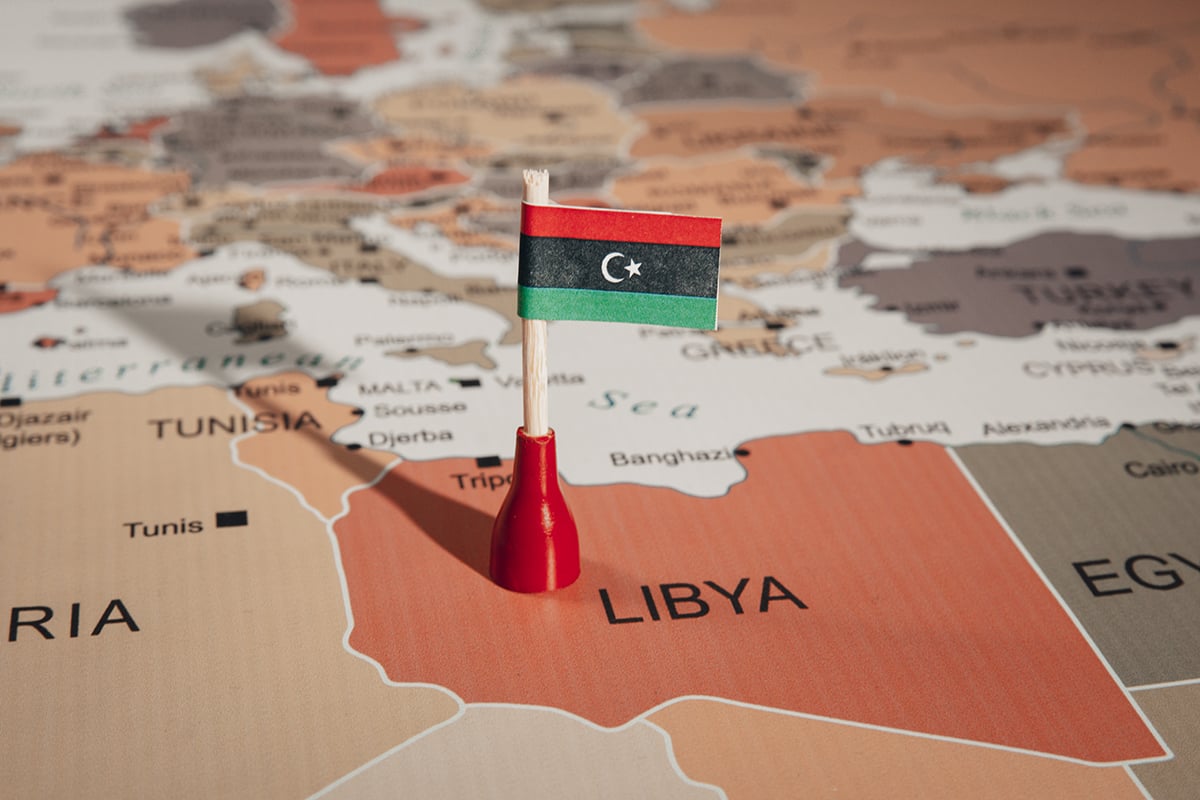In the silent predawn hours, Derna felt like a city haunted by shadows of its own past. Recent flash floods wreaked havoc, turning streets into rivers and homes into memories. By daylight, the evidence was overwhelming, revealing the true scale of devastation.
Journeying with the Libyan National Army (LNA) into this ravaged city, it appeared as if war had swept through, with signs of decimation everywhere.
Although precise figures vary, estimates suggest over 5,000 lost lives and many more missing. Those figures, as many in Derna believe, are bound to climb as the days pass.
The rapid flooding was triggered when two dams upstream of Derna broke. Within a mere 90 minutes, floodwaters devastated the city, destroying entire neighbourhoods and sweeping the remains into the ocean.
Despite having grappled with political upheaval since Moammar Gadhafi’s fall in 2011, this calamity shook Libyans profoundly. War-hardened residents were unprepared for the magnitude of this disaster, feeling as if an entire city vanished overnight.
Near one city entrance, a makeshift sign read “Sad Derna.” Beside it, two youths sat, their clothes muddied and worn, making a peace sign towards the passing LNA.
Rescue and recovery efforts are underway, but local officials are navigating uncharted waters, literally and metaphorically. Libyan shores still reveal grim reminders of the disaster, with human remains washing ashore and the debris of homes floating in the Mediterranean.
The International Organization for Migration disclosed that around 30,000 residents have been displaced, escalating concerns about their welfare. The aftermath of Storm Daniel, with its heavy rain, will likely linger, taking Derna months, if not years, to recover.
Accessibility to Derna is now challenging. Damaged infrastructure increased travel times manifold, hindering aid deliveries and intensifying the region’s precarious security situation.
Amidst the devastation, there’s a silver lining. The tragedy appears to be unifying a previously divided nation. Many came from distant Libyan regions, bringing aid and support. Cars bore messages of unity and brotherhood.
However, some volunteers felt unprepared to address the magnitude of the disaster. Heartbreaking accounts describe individuals diving into the sea, pulling dozens of bodies to shore.
Despite the presence of international relief teams, like a Turkish rescue squad, the scale of the disaster dwarfs the available help. Observations from Benghazi’s Benina airport reinforced the perception of inadequate global response.
Yet, LNA officials appreciated the international teams that did arrive, aiding them in navigating this unprecedented crisis.
Mohammad Shteiwi, a social media activist, recounted witnessing international divers retrieving bodies from the waters. His accounts painted a grim picture, estimating hundreds more may still be in the sea.
For Shteiwi, amidst the tragedy, there’s hope in unity. Seeing Libyan forces, previously at odds, collaborating, was a poignant moment, even if borne from shared pain and sorrow.
The devastating floods in Derna have wrought untold pain, loss, and destruction, thrusting an already beleaguered city into an unforeseen crisis. Yet, in the heart of this tragedy, there emerges a glimmer of hope. A nation, previously fragmented by political strife, finds unity in shared suffering. The collective effort of Libyans, from various walks of life, working hand in hand to rebuild and restore, serves as a testament to the indomitable spirit of humanity. Derna’s resilience in the face of adversity offers a poignant reminder that even in the darkest of times, unity and hope can shine the brightest.







